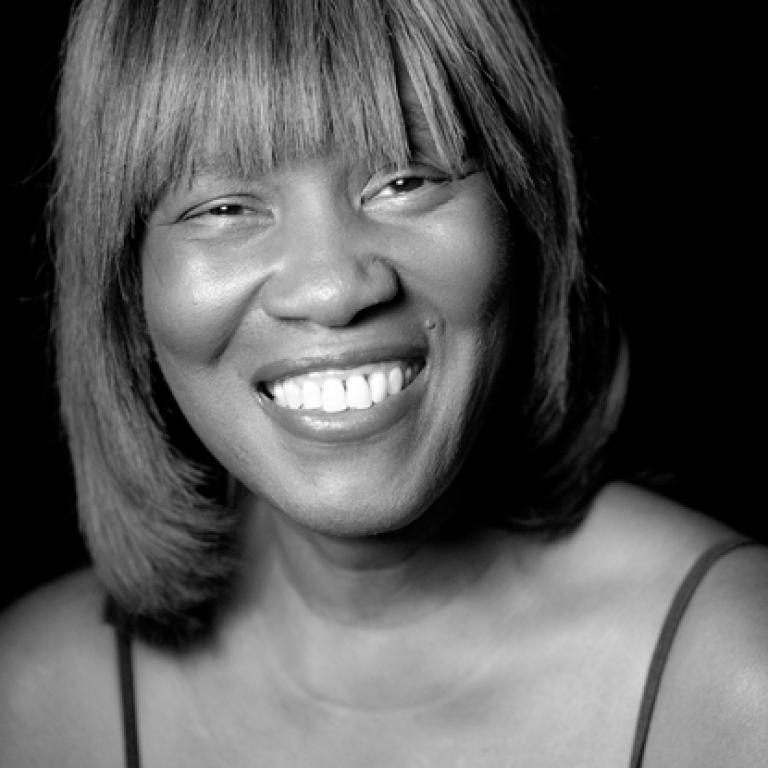You can convince your young body to slide on the cloak of savage—
bare your teeth towards the clock and pretend you don’t feel the hollow.
Or you can slap your own face, winding back time, beating yourself
witless until years blur and you convince yourself it isn’t real. The hollow
Is not menaced by your trilling. It decides to take your body inside it.
You pile on layers of woolens and fiction, trying to appeal to the hollow
As it owns you. Everyone asks Why is your voice so drained, so moon?
It’s because you are feverishly slipping on mantras that should heal the hollow,
But it just grows larger, and you flail around inside it. It is shaped so
stupidly like a father. You can’t find your knees to kneel. The hollow
Will be damned if it gives you a chance to pray your way out, so you
will yourself limp and succumb to damage. Passing days seal the hollow.
Daughter, wear your father like a cloak. Flaunt the blue, the gone
stink of him. Those woes are yours, crafted to reveal. You’re hollow.
Published:
2019
Length:
Regular
Literary Movements:
Contemporary
Anthology Years:
2023
Themes:
Death & Loss
Identity
Poetic Form
Literary Devices:
Couplets
two lines of verse, usually in the same meter and joined by rhyme, that form a unit
Dialogue
conversation between two or more people as a feature of a book, play, or movie
Ghazal
a short, lyrical poem that have five to 15 couplets, each one ending with the same word. Ghazals were originally used by Persian poets in Arabic verse.
Imagery
visually descriptive or figurative language, especially in a literary work
Simile
a comparison between two unlike things using the words “like” or “as”
Varied syntax
diverse sentence structure

